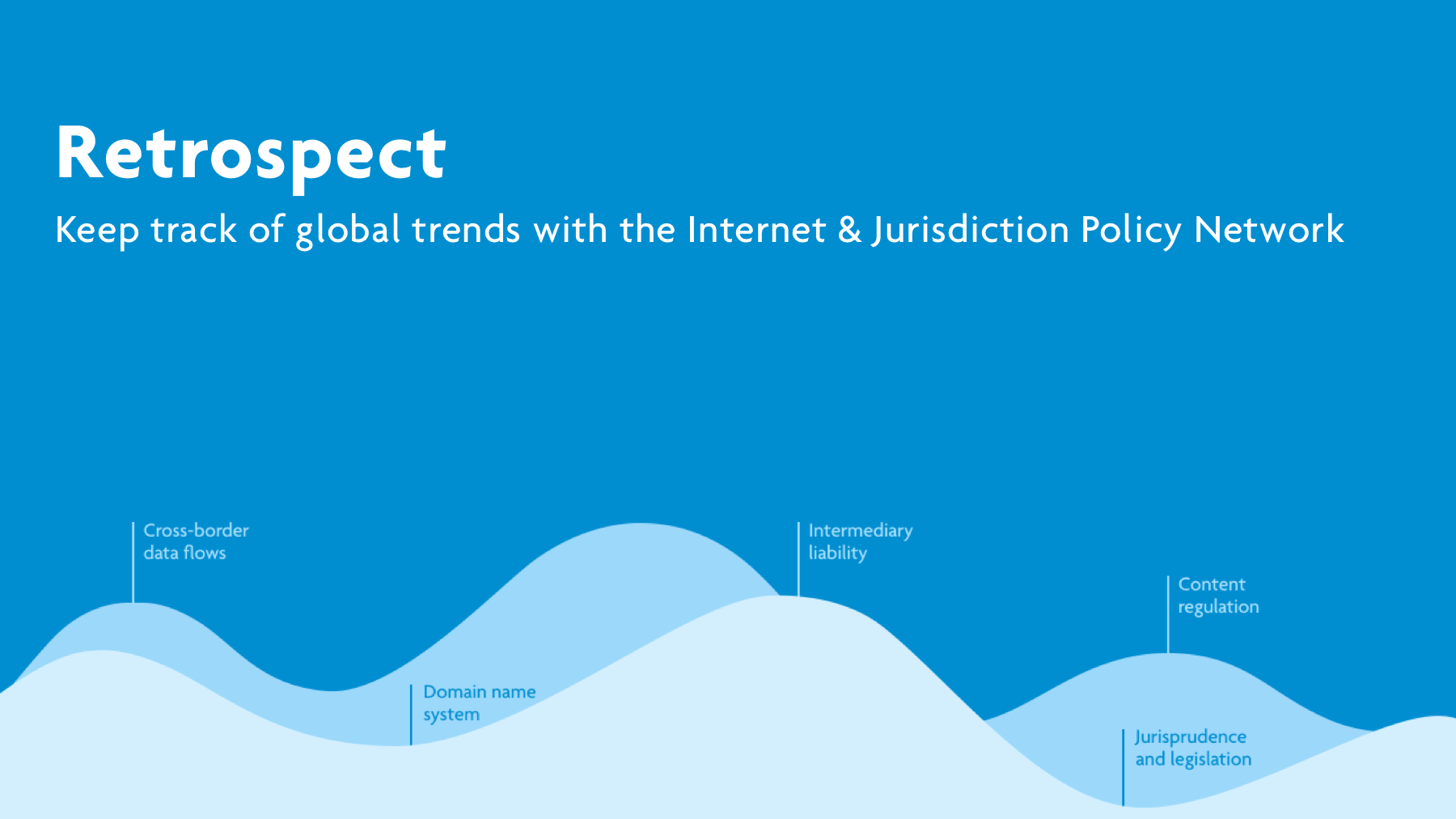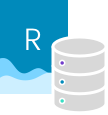The Retrospect Database was first launched a decade ago, in 2012 as a tool to track and document the emergence and evolution of cross-border and cross-jurisdictional legal challenges on the internet. Every month the Secretariat of the Policy Network aggregates the top 20 cross-border legal issues of the previous month spanning issues such as cross-border data flows, content moderation, electronic evidence, and other broader internet governance topics. As of today, the Retrospect Database contains more than 2540 cases stretching over a decade.
What started as a tool to monitor and document internet governance trends and cross-border issues has evolved into a database that is, probably, the only one of its kind in existence currently. The database provides a glimpse into the pertinent internet governance and cross-border issues of the past and traces the evolution of the trends over the decade.
At this moment, the Secretariat is reflecting on the next phase of the database and would like to hear from you on how you use the database and what alternative forms it could potentially take. Towards this, we are undertaking a brief survey to evaluate the value and usefulness of the Retrospect Database and to gauge the relevance of this work to the broader community, especially in light of the evolution of the internet and nowadays the accessibility of various news sources.
It is important to note that the Retrospect Database is not powered by artificial intelligence or any automated tools. Instead, it is a time and resource intensive process in terms of identifying and documenting cases, and a personal perspective is added by the people who are working on the project. The database aggregates primary and secondary media sources for the relevant month, usually ranging from several to up to 10 relevant sources for the case, and is prone to geographic and stakeholder bias due to the limited nature of the sources. Additionally, sources are limited to the languages spoken by the people working on the project and the news sources that are known or are being tracked by the Secretariat.




